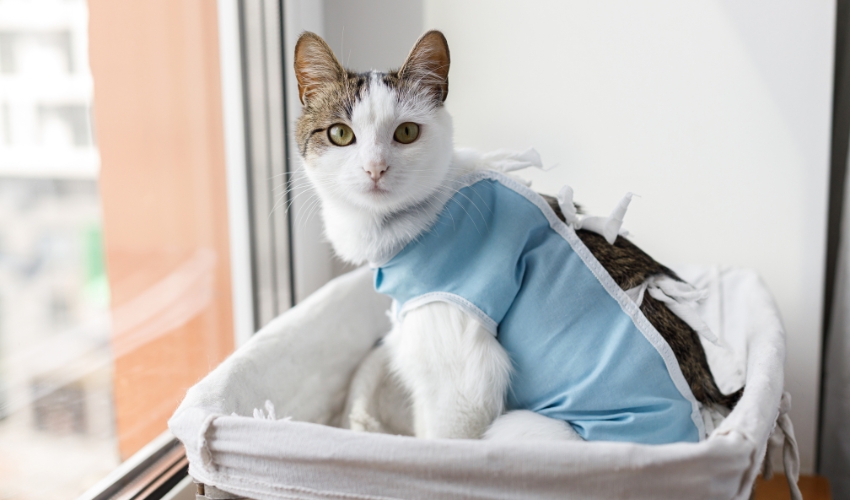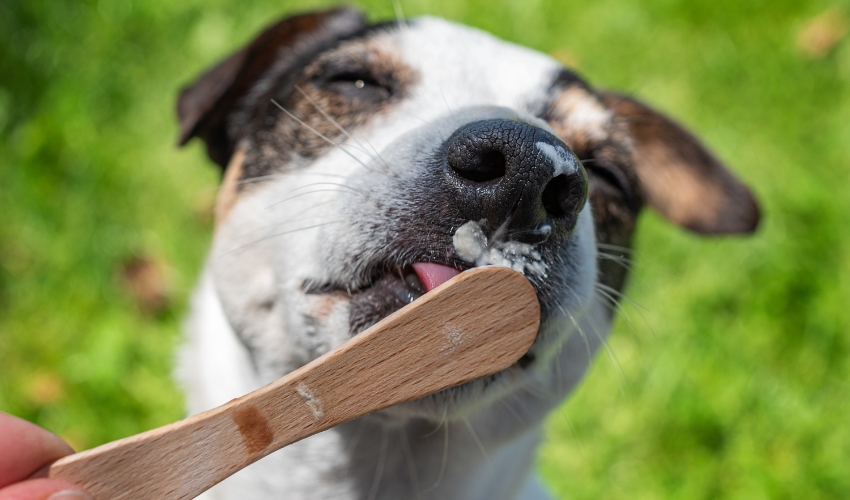This is a post I originally wrote over on the Pilot.dog site but it is good information for all pilots, especially animal rescue pilots.
As an animal rescue pilot it is easy to feel compelled to push yourself to fly the mission or make the connection. And often the hardest question you can ask yourself is if you are capable of making the flight, either emotionally or physically. It’s hard to turn a “can do” spirit into a “I shouldn’t fly today” attitude. And while you might let some people down it’s better to deal with disappointment than tragedy.
If you have a question you’d like to ask, you can click here and fill out the form on the bottom of that page.
My Original Post
As I write this it is October 24, 2016. Pam and I have not flown a dog rescue flight since last month and I think my last time doing any flying was about three weeks ago.

I’m usually a very healthy person and rarely get sick but this past month has been payback for all the times I got lucky. What started as a cold, turned into a virus of some sort and then a bout of walking pneumonia. If I never cough again I’ll be happy.
The good news is I’m well on the mend and expect to be back in the air in a week or so. But the experience is a good one to help reinforce the need and ability for all pilots to learn when it is safe and not safe to fly.
There is no sense rushing to do a dog rescue flight only to put myself, the airplane, the dogs, and the passengers in a less safe position. That would probably be a situation of denial and stupidity over reality.
In the past year, my fried Barry Schiff, a well respected personality in the aviation world learned the lesson about self-grounding. After Barry’s beloved dog Boychick passed away on April 12, 2016 Barry realized he just wasn’t mentally ready to fly again and that is the mark of a real professional.
And for all the pilots who come to grips with how they are honestly physically and emotionally feeling and understand that sometimes you just need to be prudent rather than macho, there are others who will fly when they should not and have a poor outcome.
As a pilot and especially a dog rescue pilot, the responsibility is immense. Our dog rescue missions are not just a lark where we decided to jump into the plane and take a hop. These flights are well thought out, well planned, and well briefed missions. We have to take into consideration the status of the dogs, their health, the length of the trip, and weather conditions for the dogs. Then there is all the the planning Pam does between the rescues we are flying for. Will they will be there to drop the dog off and pick the dog up or what happens if someone is a no-show. Then, if we are meeting another pilot we have to consider if they are legal to fly in bad weather or will cancel if clouds or rain develop. I also have to consider the mechanical status of the airplane and the health and safety of the idiot driving the plane (me) so the volunteers, dogs, and co-pilot will be as safe as possible.
Flying rescue dogs is a passion and effort of love. But nobody should ever get the impression that flying dogs is anything but an enormous responsibility that requires a high degree of professionalism and the ability to know when not to fly.











